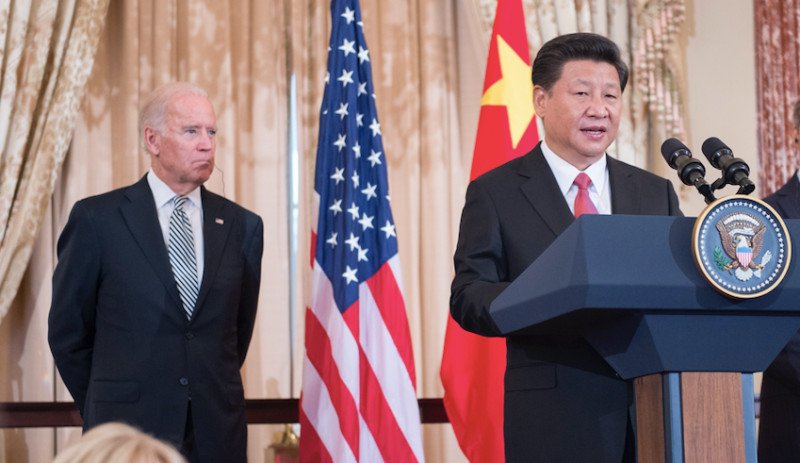One of the most important and enduring facts in the history of international relations has been the rise and fall of great powers. This means that since the formation of the Westphalian system and the modern state, some great powers have always been able to emerge in the position of the supreme power of the international system and take the place of the previous superior states. The United States emerged as a major power after the World War II, leading and dominating the Western bloc. After the collapse of the Soviet Union, based on all objective criteria, the United States became the greatest power of the international system; that is, in the political, economic and military spheres, there was no power comparable with the United States.
Because American power was global, the sphere of its interest was defined globally; but at least in the last decade, there has been a warning within the United States that China is narrowing its gap with the United States; this means that China is minimizing the power gap between itself and the United States by generating wealth in the economy and turning it into political power. Many analysts believe that if China’s development continues in this direction, it will be able to overtake the United States in 2050 and become the dominant power in the international system.
That is why the United States does not seem to be looking forward to 2050 and is already seeking to define China as its number one challenge.
China is a threat to the United States for the following reasons; first, politically, China’s political and cultural system is different from that of the liberal democracy in the United States. A recent US national security document cited China as promoting an authoritarian political system as opposed to a democratic American political system. Second, in terms of economic indicators, China is expanding its economic influence around the world. This means that China seeks to expand its trade-economic lines around the world through initiatives such as the Silk Road and the One Road-One Belt Initiative. The US administration believes that China, relying on debt diplomacy, seeks to make many countries economically dependent on itself. Third, in terms of military, China is modernizing and expanding its military capabilities. The country has built aircraft carriers, formed a modern and efficient army, and developed strategic missiles, operated in the aircraft industry, and so on. Therefore, in three political, economic and military dimensions, China is clearly a threat to the position of the United States. Hence, since the presidency of Barack Obama, the issue has been raised that the United States should focus on East Asia and specifically the rise of China.
That is why the United States started confronting China more explicitly and objectively under Donald Trump than during the Obama administration, and it seems that the Biden administration is also pursuing Trump policies; because the United States knows well that it is now in a good position to compete with China. While China must continue its economic growth and development for at least another two decades to be in a good position to compete.
Biden administration seeking to contain China
A look at Joe Biden administration’s national security document, released on March 3, 2021, reveals that the United States seeks to contain China by emphasizing rebuilding its domestic capabilities on the one hand and upgrading its network of alliances and coalitions on the other. In the meantime, the position of America’s allies seems to be gaining more importance. The United States is in a better position to contain China by emphasizing rebuilding its domestic capabilities on the one hand and upgrading its network of alliances and coalitions on the other. In the Chinese domestic arena, the United States has also focused on human rights issues in China’s Xinjiang, and Tibet, as well as support for democracy in Hong Kong and Taiwan. China, on the other hand, by relying on a policy of restraint is seeking to buy time in order to delay the process of competing with the United States. In fact, China is like a wrestler who follows the assessment that he needs more time to train and prepare in order to win the tournament. Therefore, in the face of the competitive policies of the United States, China’s response is to avoid confrontation and to pursue a cautious policy. In seeking to adjust its policies, the United States does not seem to be influenced by China’s policy of restraint; because Washington knows very well that the passage of time is to the detriment of that country and therefore should not give China the right time. Thus, given that the United States is explicitly calling on China to compete and fight, an invitation that is not merely verbal and declarative, and that the United States has even resorted to practical action, it seems unlikely that Beijing will continue its policy of restraint and caution. Therefore, in the foreseeable future, the rivalry between the United States and China will intensify, and we will see the gradual lineup of the two countries against each other.










0 Comments